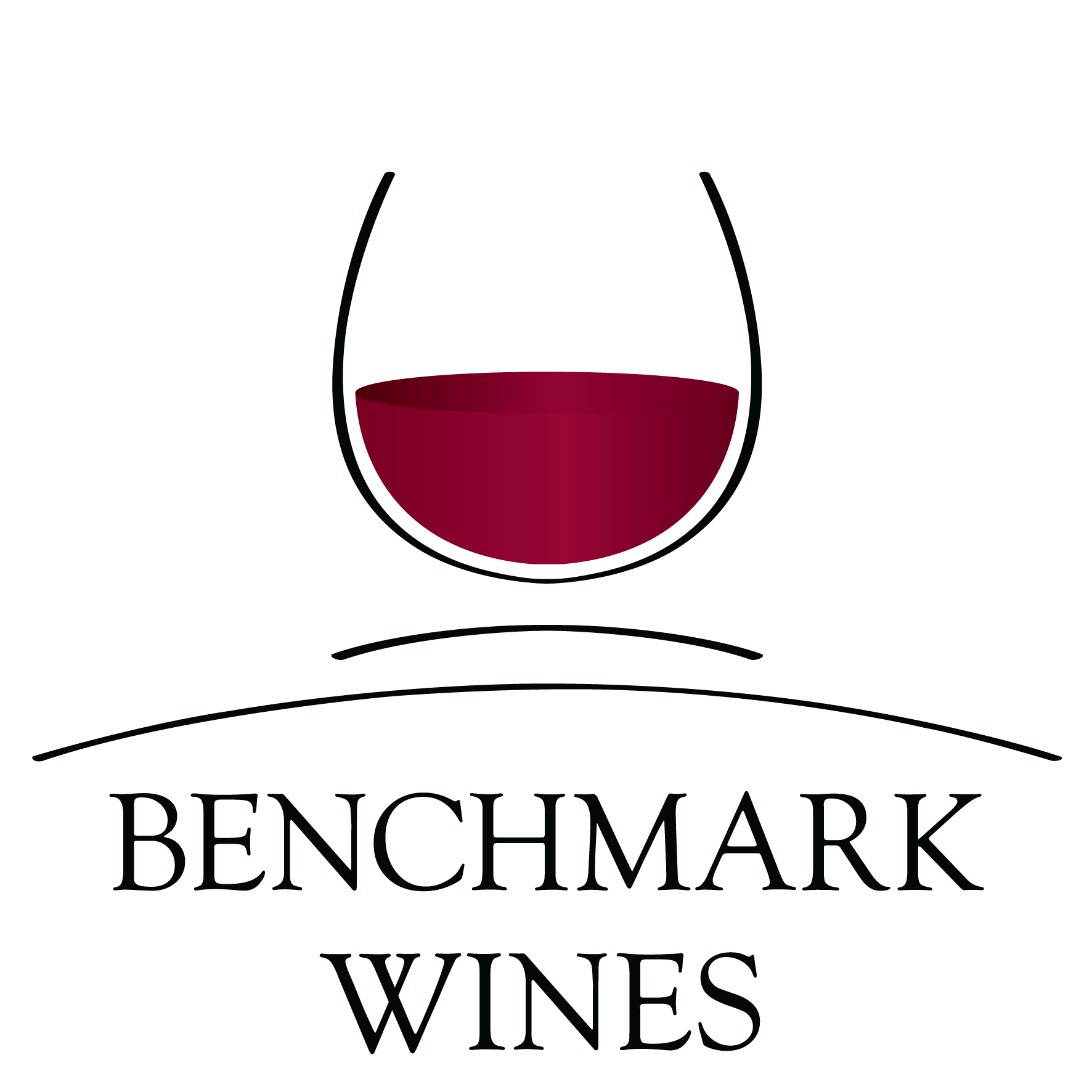Wine lovers often encounter the terms "winery" and "vineyard," but these words hold distinct meanings in the world of winemaking. Understanding the difference between a winery and a vineyard can enhance your appreciation of each bottle and bring you closer to the art of wine. A vineyard is where the grapes grow, while a winery is where those grapes are transformed into the wine we love. Together, they play essential roles in crafting each unique bottle.
In this blog, we’ll explore what sets a winery apart from a vineyard and why both are critical to the winemaking process.
Winery vs Vineyard: Quick Comparison
|
Aspect |
Winery |
Vineyard |
|
Definition |
Facility where grapes are processed into wine |
Land where grapevines are cultivated |
|
Primary Function |
Wine production: crushing, fermenting, aging, and bottling |
Grape cultivation: growing, harvesting, and maintaining vines |
|
Key Activities |
Fermentation, aging, blending, bottling |
Soil preparation, planting, vine maintenance, harvesting |
|
Examples |
Opus One Winery (Napa Valley), Domaine de la Romanée-Conti |
Napa Valley Vineyard, Château Margaux (Bordeaux) |
|
Equipment Needed |
Fermentation tanks, barrels, bottling lines |
Trellises, irrigation systems, vineyard tractors |
|
Ownership Structure |
Some wineries own vineyards; others buy grapes |
Some vineyards sell grapes to multiple wineries |
What is a Winery?
A winery is a facility designed for the production of wine. Once grapes are harvested, they are brought to the winery, where the magic of winemaking begins. Wineries are equipped with specialized machinery and equipment to crush, ferment, age, and bottle wine. Skilled winemakers carefully control each stage of the winemaking process to develop the flavors, aromas, and characteristics that make each wine unique.
Key Functions of a Winery- Crushing and Pressing: After grapes are brought to the winery, they’re crushed and pressed to release the juice. This marks the beginning of the fermentation process.
- Fermentation: The grape juice is then fermented in stainless steel tanks or oak barrels, where yeast converts the sugars into alcohol.
- Aging and Maturation: Wineries may age the wine in oak barrels, concrete tanks, or other vessels to develop deeper flavors. The aging process varies based on the type of wine being produced.
- Bottling: Finally, the wine is bottled, sealed, and labeled, ready to be shipped or stored for further aging.
What is a Vineyard?
A vineyard is the agricultural land where grapevines are cultivated. The quality of wine begins with the grapes, making the role of the vineyard essential. Everything from the soil type to the climate (known as “terroir”) influences the quality and characteristics of the grapes. The careful management of a vineyard ensures that the grapes are healthy, flavorful, and of the highest quality when harvested.
Key Functions of a Vineyard
- Soil Preparation and Planting: Vineyards are carefully prepared with nutrient-rich soil suited to grapevines.
- Cultivation and Maintenance: Grapevines are nurtured through regular pruning, irrigation, and pest management.
- Harvesting: Grapes are harvested when they reach optimal ripeness, usually once a year, depending on the grape variety and region.
Differences Between a Winery and a Vineyard
The primary difference between a winery and a vineyard lies in their roles. A vineyard is where grape cultivation takes place, while a winery is the site for wine production. However, some wineries may own or manage vineyards, giving them complete control over the wine’s journey from grape to bottle. Similarly, some vineyards have on-site winemaking facilities, allowing them to produce wine directly from their grapes.
Another common misconception is that every vineyard has its own winery. Many vineyards focus solely on growing grapes and then sell their harvest to various wineries. Conversely, some wineries purchase grapes from multiple vineyards to blend different flavors and achieve specific taste profiles.
The Importance of Both in Winemaking
While a vineyard provides the essential ingredient—high-quality grapes—a winery transforms those grapes into the final product. Both are equally important, as the wine’s quality relies on excellent grapes and meticulous production techniques. The saying, “Great wine starts in the vineyard,” underscores how grape quality directly impacts the wine, but the artistry of the winery ultimately shapes the flavor, texture, and complexity of each bottle.
Read about chocolate and wine pairing
Conclusion
Understanding the difference between a winery and a vineyard gives you a deeper appreciation for the art and science behind each bottle of wine. Vineyards cultivate the grapes, drawing from the natural environment to create flavors unique to their region, while wineries transform these grapes into the refined wine we enjoy. Together, wineries and vineyards work in harmony to bring the flavors of the earth and the craftsmanship of winemaking into every sip. Whether you’re visiting a winery or exploring a vineyard, knowing their distinct roles will enrich your wine-tasting experience. Cheers to the journey from vineyard to winery!
FAQs:
1. Which is more important in winemaking: the winery or the vineyard?
Both are equally important. The vineyard is crucial for growing quality grapes, while the winery processes those grapes into the wine you enjoy.
2. Can a winery exist without a vineyard?
Yes, many wineries do not own vineyards and instead purchase grapes from various vineyards. This approach allows them to blend grapes from different regions for unique flavors.
3. What makes a vineyard’s location important?
A vineyard’s terroir—its soil, climate, and landscape—affects grape quality. For instance, grapes from Napa Valley in California and Bordeaux in France have distinct flavors due to regional differences.
4. Do all vineyards produce wine on-site?
No, not all vineyards produce wine. Some only grow grapes and sell them to wineries, while others have their own facilities for winemaking.
5. Why is grape quality so important in winemaking?
The quality of the grapes largely determines the wine’s taste, aroma, and texture. High-quality grapes lead to better wine, which is why vineyards play a critical role in winemaking.



